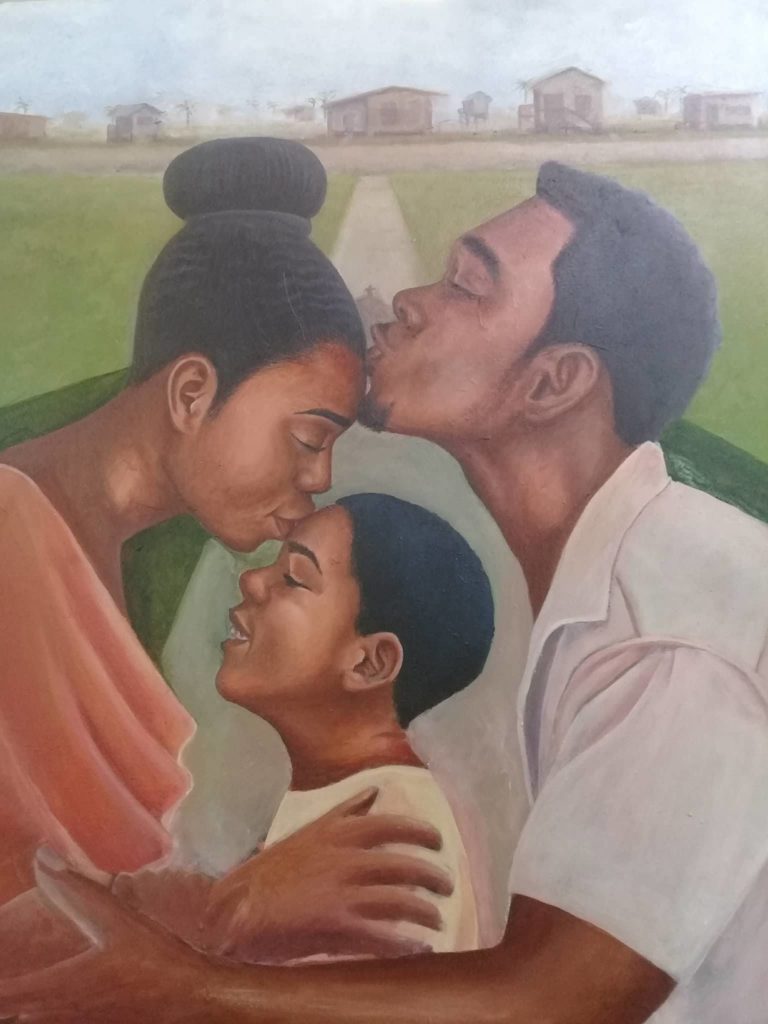Related posts
-

RENUKA TEWARI
– AMPLIFYING TEENAGE CRAFTS INTO A BUSINESS Renuka Tewari is a self-taught craftswoman, who hails from... -

Using Art to “create magic”
By Lakhram Bhagirat For 17-year-old Vimaldat ‘Chris’ Bissessar, art means expressing every emotion coursing through his... -

Capturing the Essence of Fatherhood
Through their art, Shimuel Jones and Michael Griffith capture the meaning of fatherhood, saying that fathers...

Comments are closed.